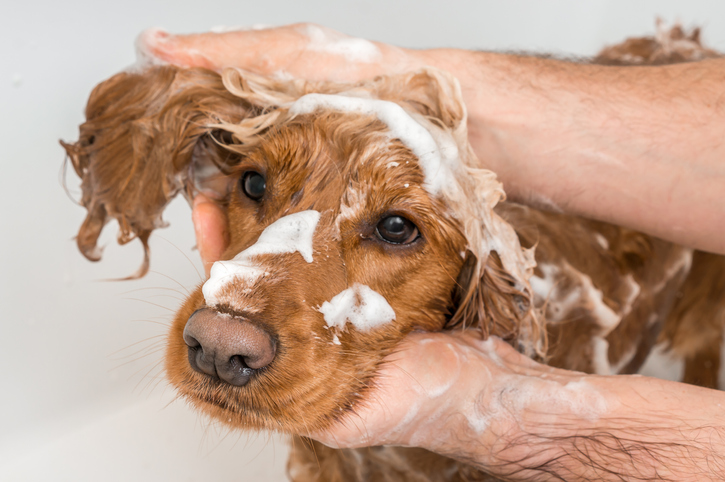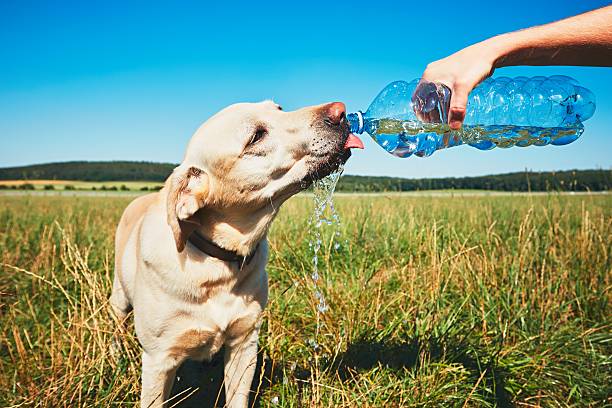
Mother’s Day is this Sunday, May 13, 2024, and the Cats of The Ranch Pet Resort and Spa want to wish you all a very happy Mother’s Day!
In the spirit of the Mother’s Day holiday, the cats of The Ranch wanted to share some fun and interesting Motherly Information about their species.
Motherly Facts About Cats
Cat mothers like to consider themselves high in the running for Mom Species of the year. With kitten season upon us, the Ranch cats thought you might enjoying learning the following information about them:
- Mother cats are called Queens and really, are we surprised? These dainty paw licking creatures certainly deserve the title.
- Kittens in one litter can come from different fathers. A cat in heat can be fertile for a week and can mate with more than one cat during this time. This gives sense to the saying, “A sister from another mister.” This act of nature is one reason kittens from the same litter can look so very different.
- Kittens can be born days apart. Since Momma Cat can mate at different days during her fertile season, it makes sense that kittens will develop at different times and be born days apart.
- Queens can deliver between 1-9 kittens each time they give birth.
- An unspayed cat can have as many as 100 kittens in a lifetime (source) which is why it is so important to spay and neuter your cats.
- Queens purr during birth. This noise is their way of relaxing during labor. But given the choice, we are most certain Queens would prefer an epidural.
- Kittens are born with placenta covering them which the mom eats after delivery.
- Kittens have belly buttons since each kitten has its placenta attached to it. How cute is a kitten belly button?
- Cats can have between 4 and 10 nipples, including males, but the average number is six.
- Mother cats have a distinct noise to call their kittens. This noise is call a chirrup, and kittens can distinguish their mom from other moms based upon this noise.
- Queens hide their babies in nests to keep them safe from predators. You may find your cat has had its kittens in a closet, under your bed, or nesting in your bedding. Feral or stray cats hide their kittens anywhere away from predators and away from where they pee or poop. Common places include under porches, in bushes, and even in peoples’ garages.
- Kittens who are found alone are often not abandoned. Mother Queen may be out hunting. If you come across a nest of kittens, the best advice is to leave them alone. Chances are, Mom will come back. If she doesn’t return in 4-6 hours, it may be time to intervene.
- Around 8 weeks, Momma Queen is done raising her kittens and happy to get back to the life she once lived without her babies! (source)
Help Prevent Unwanted Pregnancies for Your Cat, Spay and Neuter Your Pets!










